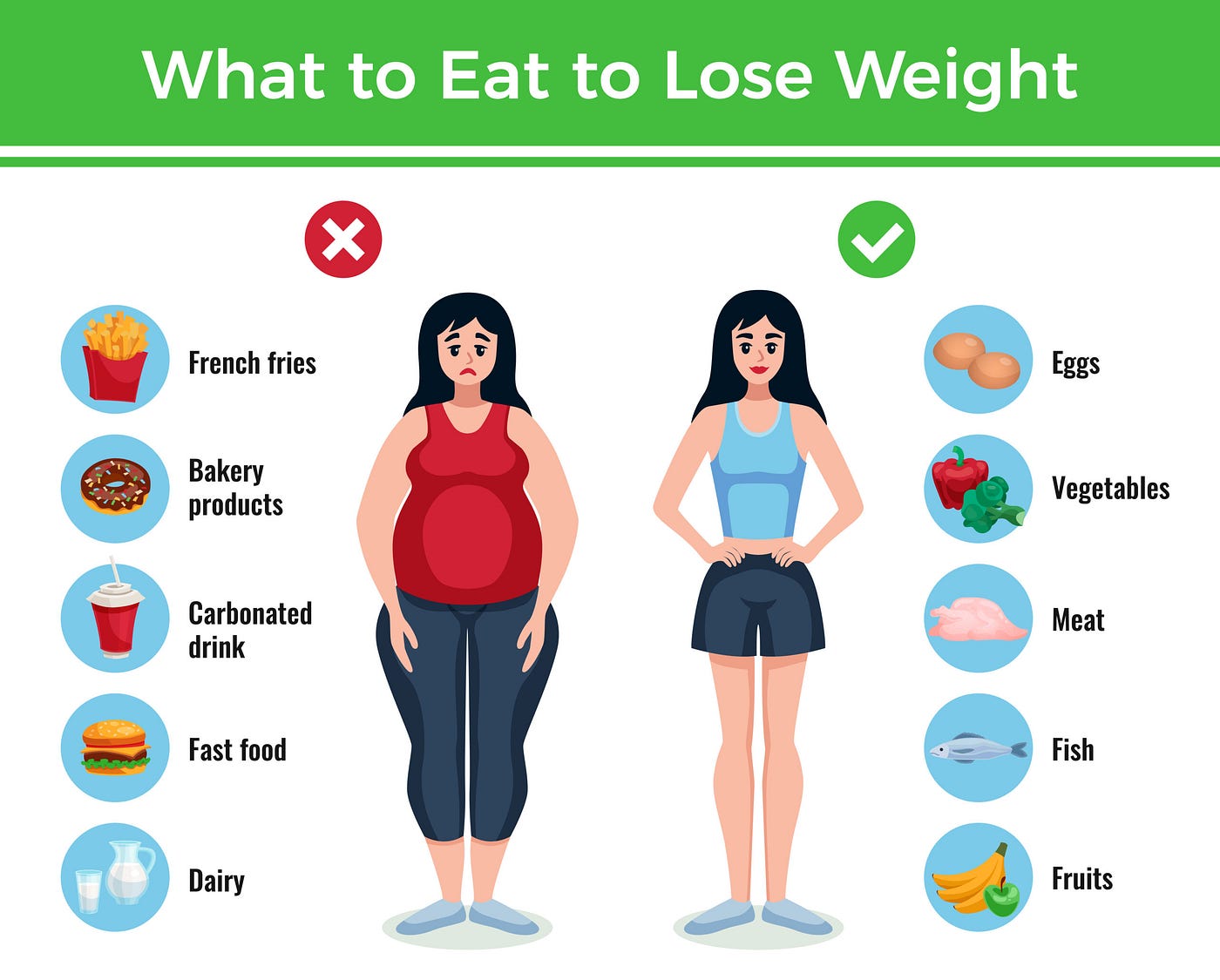1. Introduction
Lose weight is not just about looking good; it’s about improving your health and quality of life. By adopting a healthy lifestyle, you can reduce your risk of chronic diseases, increase your energy levels, and feel more confident and comfortable in your own skin.
2. Healthy Eating Habits
Start by focusing on eating a balanced diet that includes a variety of fruits, vegetables, lean proteins, and whole grains. These nutrient-dense foods provide essential vitamins, minerals, and antioxidants while keeping you feeling full and satisfied. Practice portion control and mindful eating, paying attention to hunger and fullness cues, and avoiding mindless snacking.
3. Regular Exercise Routine
Incorporate regular www.terribleanalogies.com/ into your daily routine to burn calories and build muscle mass. Aim for a combination of cardiovascular exercises, such as walking, jogging, swimming, or cycling, and strength training exercises, such as weightlifting or bodyweight exercises. Find activities you enjoy and can stick with long-term, and set achievable exercise goals to keep you motivated and on track.
4. Lifestyle Changes
In addition to eating a healthy diet and exercising regularly, making lifestyle changes can also help support weight loss:
- Getting Enough Sleep: Aim for 7-9 hours of quality sleep each night to support weight loss and overall health.
- Managing Stress: Practice relaxation techniques such as meditation, deep breathing exercises, or yoga to reduce stress levels, which can contribute to overeating and weight gain.
- Staying Active: Limit sedentary activities and find ways to stay active throughout the day, such as taking short walks, standing while working, or doing household chores.
5. Hydration
Drinking plenty of water throughout the day can help support weight loss by keeping you hydrated and reducing feelings of hunger. Aim to drink at least 8-10 glasses of water per day, and avoid sugary drinks and excessive alcohol consumption, which can contribute to weight gain and sabotage your efforts to lose weight.
6. Tracking Progress
Keeping track of your eating habits, exercise routine, and weight loss progress can help you stay motivated and accountable. Consider keeping a food diary to monitor your calorie intake, tracking your exercise and physical activity, and celebrating small victories along the way.
7. Seeking Professional Guidance
If you’re struggling to lose weight on your own, don’t hesitate to seek professional guidance from a healthcare provider or nutritionist. They can provide personalized advice and support tailored to your individual needs and circumstances. Additionally, consider joining a support group or weight loss program for accountability and motivation.
8. Conclusion
In conclusion, losing weight is achievable with a combination of healthy eating habits, regular exercise, and lifestyle changes. By making small, sustainable changes to your daily routine and staying committed to your goals, you can achieve long-term success and enjoy a happier, healthier life.







